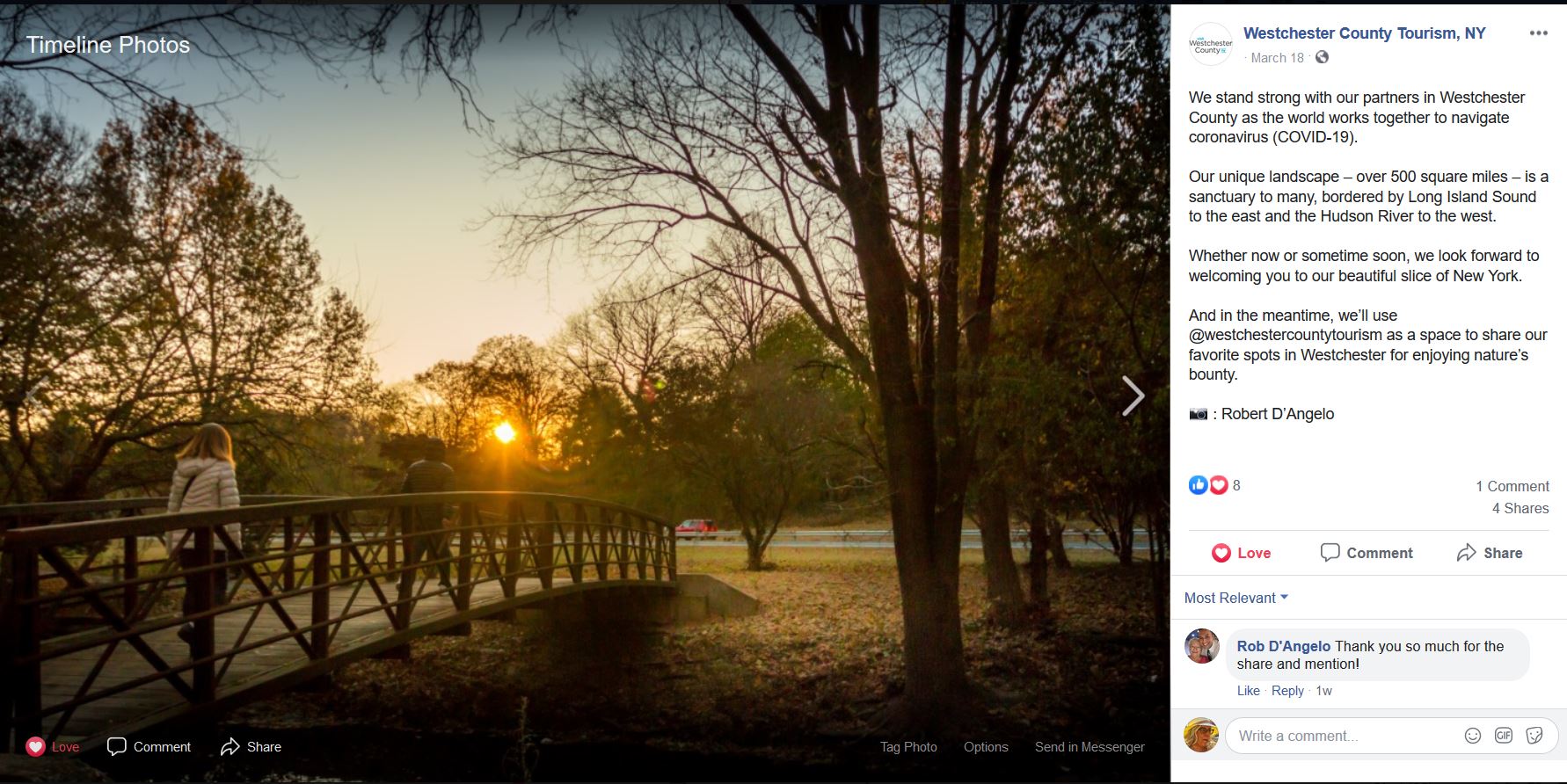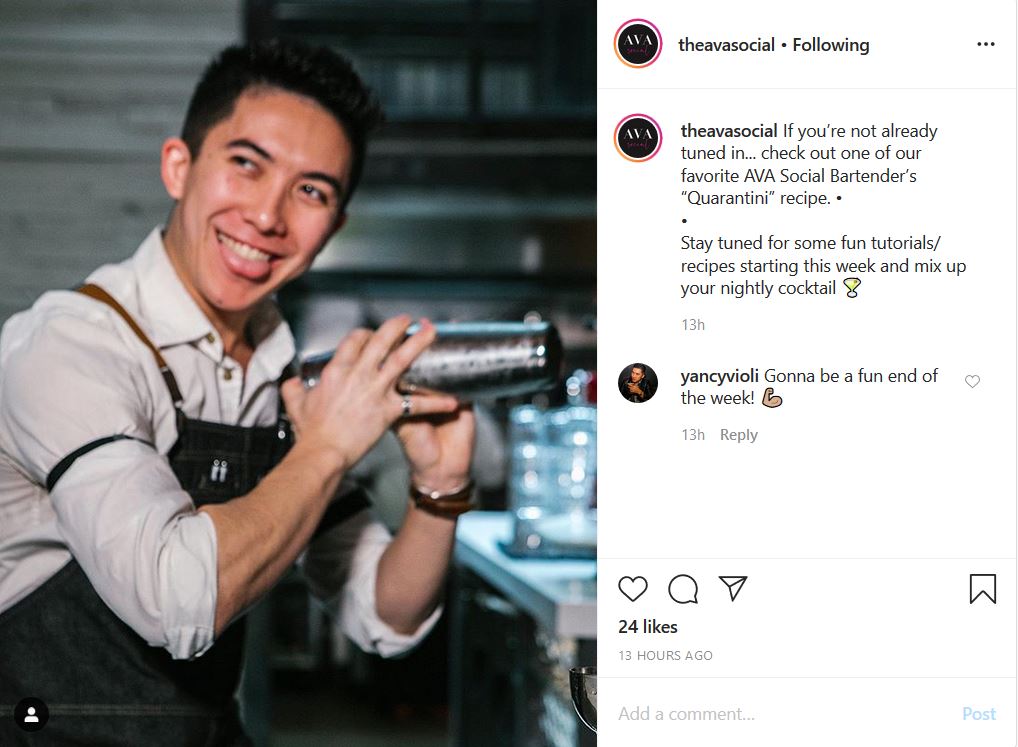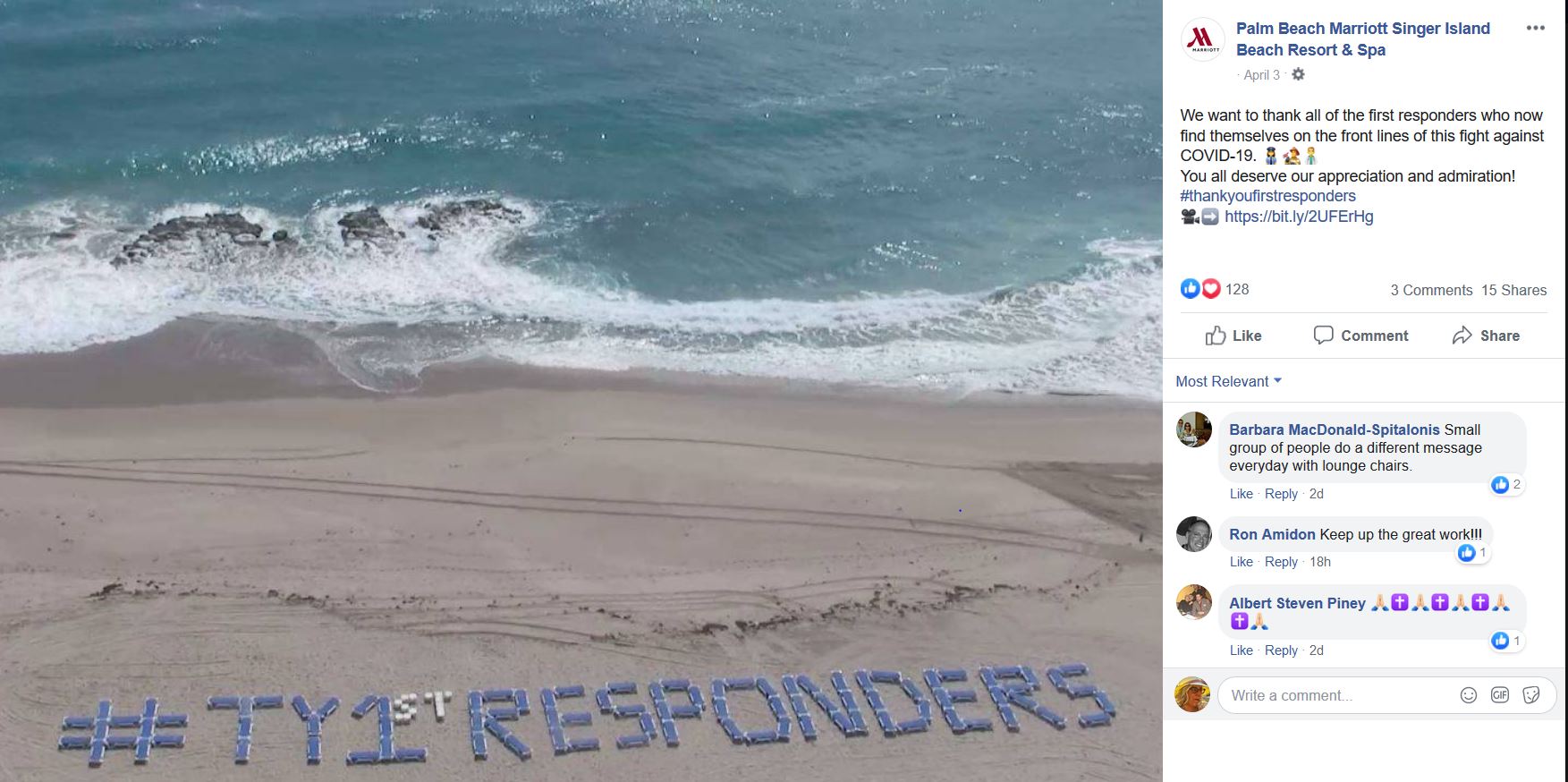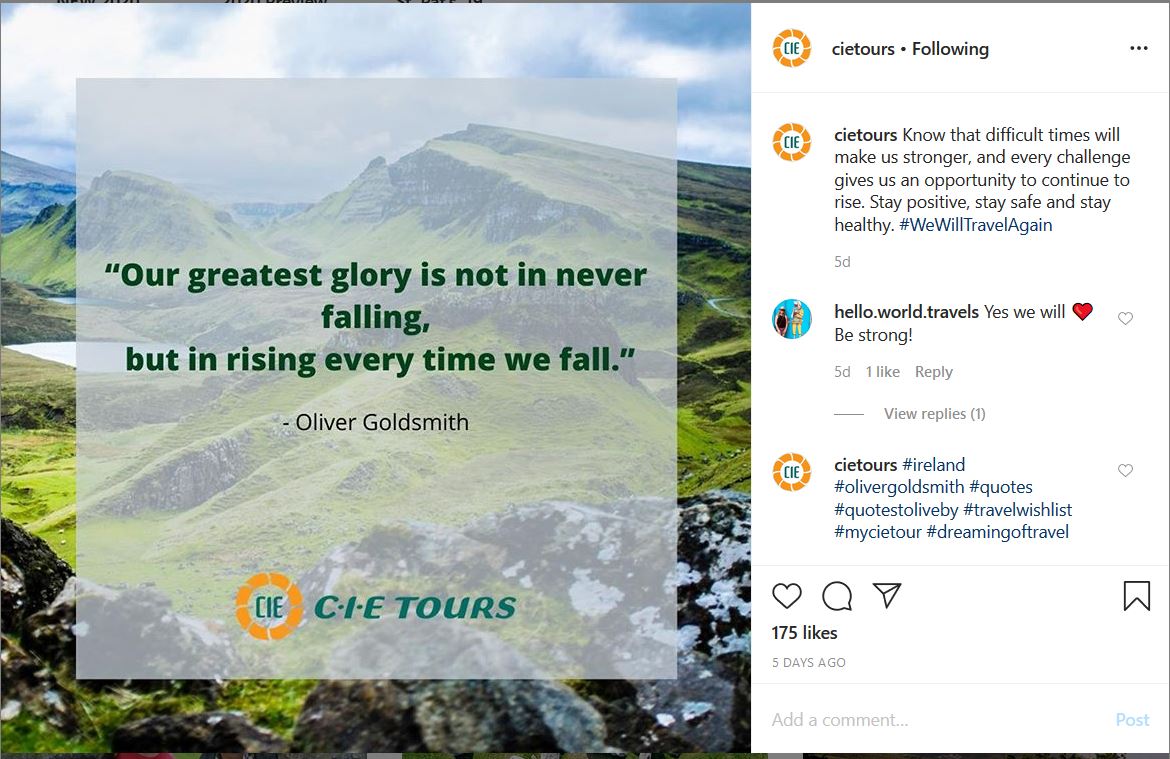The coronavirus pandemic has slammed the brakes on travel worldwide, leaving hospitality marketers with scrapped 2020 plans, reduced resources and no clear path forward. In these uncharted waters, agile organizations are shifting their tone from sales to support and finding innovative ways to share the travel experience with their customers. It’s a strategy that is paying off in good will, keeping their brands top of mind during the crisis and aiding a faster and fuller rebound once travel resumes. Here’s how your business can strike the right tone now and create a bridge for your customers to better times ahead:
1. Take your cues from current media coverage and queries.
Like your marketing plan, editors’ 2020 media calendars have gone out the window. In this fluid situation, it’s more crucial than ever to monitor news stories daily and respond to incoming queries quickly with angles that resonate now. This strategy will keep the drumbeat of earned media going at a healthy pace during the crisis. Take an extra-critical eye to every pitch for tone and relevance before you send it. Anything that resembles business as usual or, worse, could be interpreted as opportunistic, is a nonstarter.
2. Shift your social strategy.
While it’s vital to maintain a presence on your social channels during this time, your content should focus on longer-term inspiration versus short-term sales. Make your social feed a welcoming place away from the noise with hopeful, empathetic messages and outdoor imagery that showcases the beauty of your destination. Consider how each post adds value to the conversation and avoid calls to action like “visit now” or “book your stay.” Instead, invite fans to share their own photos and encouraging messages.

3. Amp up social listening.
As mass travel cancellations create unprecedented challenges for customer service and reservations agents, even the best of brands is at risk of having a few less-than-happy customers who take their complaints to social media. How well and quickly you respond to those comments, transition the conversation offline and resolve issues will leave a lasting impression on fans across your channels.
4. Create a virtual concierge.
DMOs, hotels and resorts can help armchair travelers experience their destination from afar by compiling online resources from local attractions. Such a collection might include digital museum galleries, video tours, live cams of iconic local views, recipes for favorite local dishes and a library list of movies and films that feature the destination.
5. Develop a curriculum of video classes.
Tap your onsite experts—think spa director, chef, mixologist, housekeeping manager—to live stream or record virtual classes, from meditation tips to kitchen skills, that help would-be travelers recreate the hotel or resort experience at home. A few ideas:
- Make a bed like a pro, complete with creative turndown ideas
- How to treat a loved one with a room-service-worthy breakfast in bed
- Master a classic cocktail using basic bar and pantry ingredients
- Massage 101 and other tips for a couples’ spa staycation
- Send your kids to “camp”—at-home activities from the resort’s Kids Club pros

6. Reach out to your community.
Support your neighbors and create goodwill for your brand by initiating or participating in community outreach efforts serving those impacted by the crisis. Food and beverage operations can donate prepared meals and unused produce from temporarily shuttered venues to local food banks, for instance. Some hotel companies are providing rooms at a discount for college students displaced from their campus housing. And more than 6,500 hotels across the U.S. have signed on with American Hotel & Lodging Association’s Hospitality for Hope initiative to provide free accommodations for first responders.
7. Take care of your own.
Internal goodwill is important as well. Many hotels with under 500 employees are proactive in tapping into the CARES Act and its Paycheck Protection feature for businesses agreeing to keep employees on board. Still others are creating employee emergency grant funds. All of your stakeholders need tangible support right now, and how you address their concerns will have a lasting impact on their wellbeing and the wellbeing of your brand.
Mower’s Travel and Tourism specialists have more than three decades of experience guiding hospitality organizations through times of uncertainty and change and positioning them for post-crisis success. We’re ready to help yours—please reach out with any questions.





